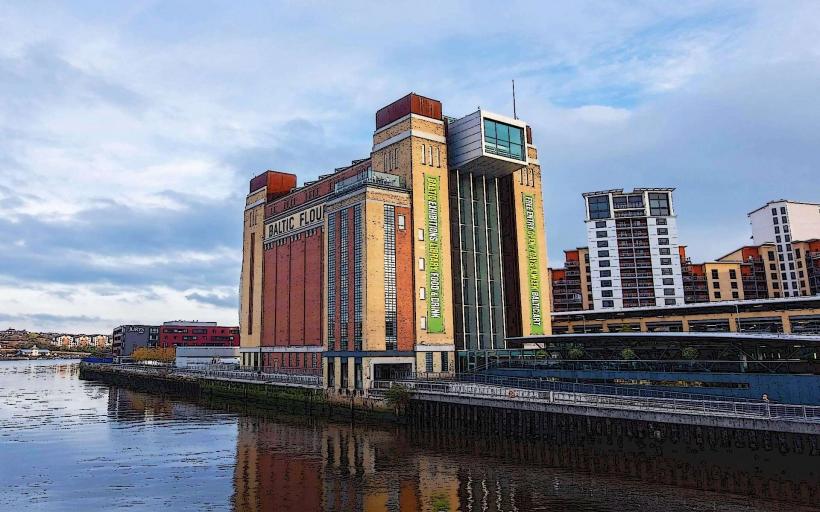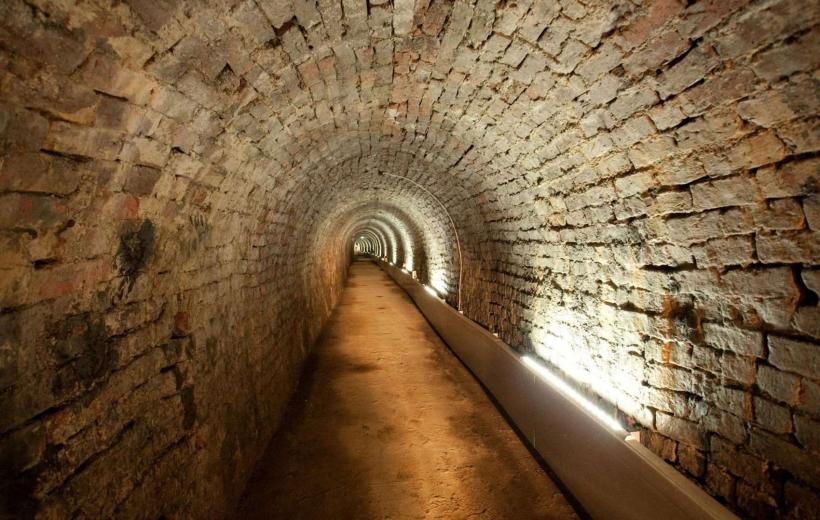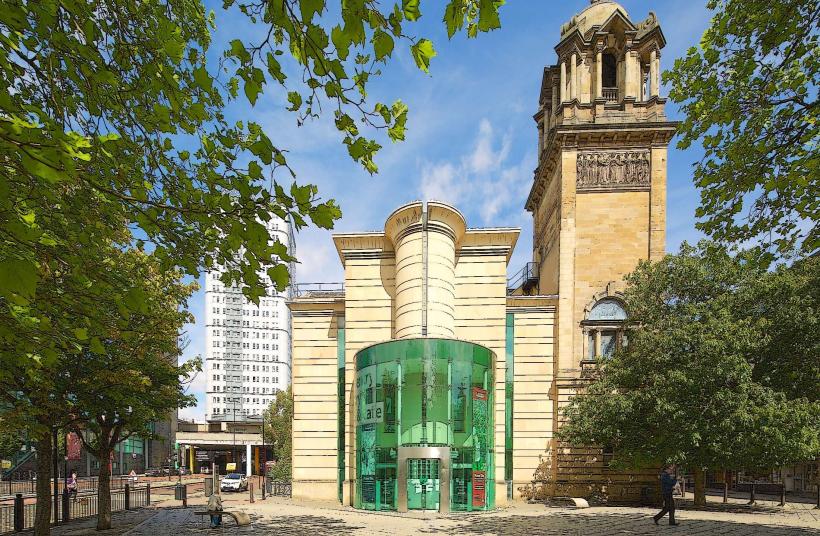Information
Landmark: Discovery MuseumCity: Newcastle
Country: United Kingdom
Continent: Europe
Discovery Museum is one of the most prominent museums in Newcastle upon Tyne, located on the city’s Quayside. The museum offers an immersive experience in both the history of the city and its significant role in science, technology, and innovation. It's a family-friendly destination, renowned for its engaging exhibits, interactive displays, and fascinating collections, making it an ideal place for visitors interested in learning about Newcastle’s industrial heritage, as well as scientific achievements and the city's contributions to global development.
History and Background
1. Origins
The Discovery Museum was originally established as the Newcastle-upon-Tyne Literary and Philosophical Society in 1820. Over time, it evolved into the City Museum and then the Discovery Museum, which officially opened its doors in 1993. The museum is housed in the historic Co-operative Wholesale Society Building, a Grade II listed building dating back to 1927. The grand architecture of the building, with its impressive facade, adds to the museum’s unique appeal.
2. The Museum's Purpose
The museum focuses on science, industry, and innovation with a special emphasis on Newcastle’s contributions to these fields. It celebrates the city’s past as a hub for industrial growth, technological advancements, and scientific discoveries. The name "Discovery" reflects the museum’s goal to showcase the innovative spirit of Newcastle and the achievements that have shaped the world.
Key Exhibits and Collections
The museum has a wide range of exhibits that cover various aspects of history, science, and technology, including interactive displays that engage visitors in learning through hands-on experiences.
1. Shipbuilding and Maritime History
Newcastle has long been associated with the shipbuilding industry, and the museum explores this history in depth. The "Tyneside Maritime" gallery is dedicated to the city’s connection to the sea and shipbuilding, including its global maritime influence in the 19th and 20th centuries. Key exhibits include models of ships built on the River Tyne, such as the famous "RMS Mauretania", and displays about the city’s shipyards and industrial heritage.
- The museum also highlights the role of engineering and innovation in shipbuilding, detailing the design, construction, and technological advancements that Newcastle brought to the maritime industry.
2. Science and Innovation
The Discovery Museum features an interactive science gallery, where visitors can explore the fascinating world of science and technology. One of the most famous sections is dedicated to John Dawson, an engineer and inventor known for his work in Newcastle. It showcases various scientific instruments and inventions that have shaped the world.
- The museum is home to the "Wonderlab", an area filled with hands-on science experiments, where visitors can engage with exhibits related to physics, light, sound, motion, and more. It's particularly popular with younger audiences and families as it encourages learning through play.
3. The Steam Engine
One of the key highlights of the museum is its working steam engine, a symbol of Newcastle’s industrial past. The "Steam Engine" exhibit is a preserved piece of machinery that once powered the city’s industries. It provides an interactive experience where visitors can see how the steam engine worked and learn about its role in driving the Industrial Revolution.
4. Famous Figures of Newcastle
The museum also highlights notable figures who have made significant contributions to science and industry, such as Joseph Swan, the inventor of the incandescent light bulb, and Charles Parsons, an inventor and engineer who developed the steam turbine. These figures are celebrated in exhibits that explore their discoveries and the impact they had on both the local and global stage.
- Joseph Swan’s Lightbulb is a major feature of the museum, detailing his work and his rivalry with Thomas Edison in the race to develop a commercially viable electric light.
5. Interactive Exhibits for Children
Discovery Museum offers a range of interactive displays that encourage children to explore science and history in a fun and engaging way. The “Exploration Zone” and “Play and Learn” sections are designed for younger visitors, offering activities that focus on learning through exploration and play.
- The Steam Train exhibit is another favorite, where children can interact with model trains and learn about the history of transportation and steam-powered engines.
Temporary Exhibitions and Events
Discovery Museum hosts a variety of temporary exhibitions that change throughout the year. These exhibitions often cover topics related to contemporary science, technology, and culture, bringing fresh and diverse content to the museum.
- The museum also organizes special events such as science workshops, educational programs, and themed days for families and school groups. Visitors can also enjoy talks and presentations from scientists, historians, and artists, providing deeper insights into various fields of research and development.
Notable Features
1. Architecture and Space
The museum is housed in a grand building with beautiful architectural features, such as high ceilings, glass skylights, and spacious galleries. The building's historical significance adds to the atmosphere of the museum, providing visitors with a sense of connection to the past as they explore its exhibits.
- The central atrium is particularly striking, with an old-fashioned steam engine displayed prominently in the heart of the building. The open and airy space offers a pleasant environment for exploring the museum's many exhibits.
2. Cafe and Gift Shop
The museum has a café where visitors can relax and enjoy refreshments after their exploration. The café serves a selection of food and drinks, and its location within the museum offers views of the River Tyne.
- The museum gift shop offers a range of products related to science, innovation, and Newcastle’s history, including books, toys, and educational materials for both adults and children.
Accessibility and Visitor Information
The Discovery Museum is located near the Quayside, making it easily accessible for visitors to Newcastle’s other attractions. It is family-friendly, with free admission to the majority of exhibits, although some temporary exhibitions may have a small entry fee.
- The museum is accessible to people with mobility impairments, and there are facilities like wheelchair access, elevators, and accessible bathrooms available. There are also regular school programs and workshops that cater to students, providing educational resources aligned with curriculum standards.
Conclusion
The Discovery Museum is a must-visit destination for anyone interested in the history of Newcastle, science, and technology. With its engaging exhibits, interactive displays, and family-friendly atmosphere, it is both an educational and enjoyable experience for visitors of all ages. Whether you're a local resident or a tourist, the Discovery Museum provides a fascinating journey through the city’s rich industrial heritage and its contributions to global scientific progress.










